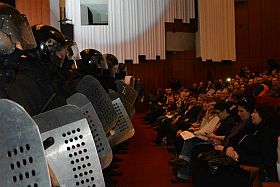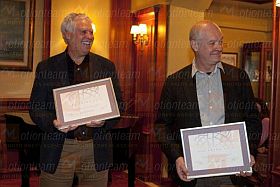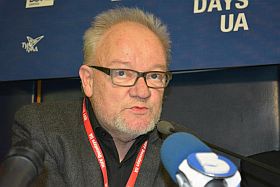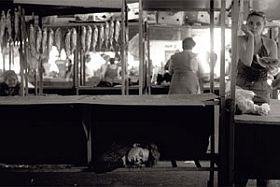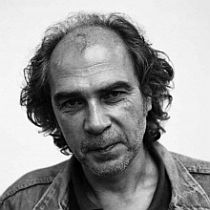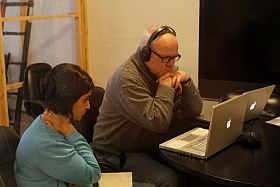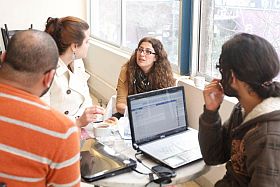


Docu Days: A Farewell to Cinema
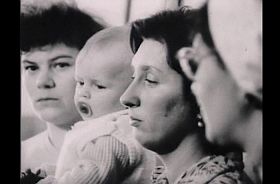
In June 2012 the football championship UEFA Euro took place in Poland and Ukraine. And of course some films came out of that. An Ukranian premiere was arranged at the Docu Days festival. 10 films were collected as a Youth Documentary Almanac, the directors, many of them film students or newly graduated documentarians, who had made films about policemen learning basic phrases of English to be used when meeting the invasion of football fans, or a young poet on his own, or people collecting metal to be sold or one who had a grandfather who built the old stadium, now to be rebuilt etc. – social, about persons, fresh, but in general with no focus and with big editing problems. One of those where you say to most of the films – ah, what a pity, go back to editing and find your film.
A small revelation for me, however, was the screening of the programme ”A Farewell to Cinema”, 5 films from 1987-1992, supported by the state. The times were for social critical films as I knew from Latvian Juris Podnieks and his groundbreaking ”Is it Easy to be Young?”. All films with an artistic quality. First of all demonstrated by (now) veteran director Sergey Bukovsky, who had made two of the five, ”Tomorrow is a Holiday” (1987) (photo) from a poultry factory where the women expressed deep dis-satisfaction about their life conditions, and ”The Roof” (1989) from a shelter for disabled people in a local monastery. The title of the programme comes from the last film in the programme (a dvd is being made by the national film centre), it has the following description, taken from the festival site:
Recently documentary filmmakers have been filming mass protests (end of 80’es, ed.) in the streets of Ukrainian cities, and now they themselves have to organize demonstrations in order to receive an opportunity to film. During the first years of Ukrainian independence, the production of chronicle and documentary films was cut to a minimum. The lack of financing or any state support whatsoever drove the veteran of Ukrainian documentary film, Israel Goldstein, to state: “The authorities are preventing us from filming because they are afraid that in several decades, the viewers of our films might ask: who was in power back then? Who put the people in such a state?” Today, the ‘authorities’ are well-known to everybody, but there is almost no film evidence of the consequences of their work. A Farewell to Cinema demonstrates why it happened this way: the filmmakers had to work as doormen, the studios were closed down, film financing was stopped. This film is one of the most radical in the genre ‘cinema about cinema: this is a film about the way that cinema ceased to exist.
